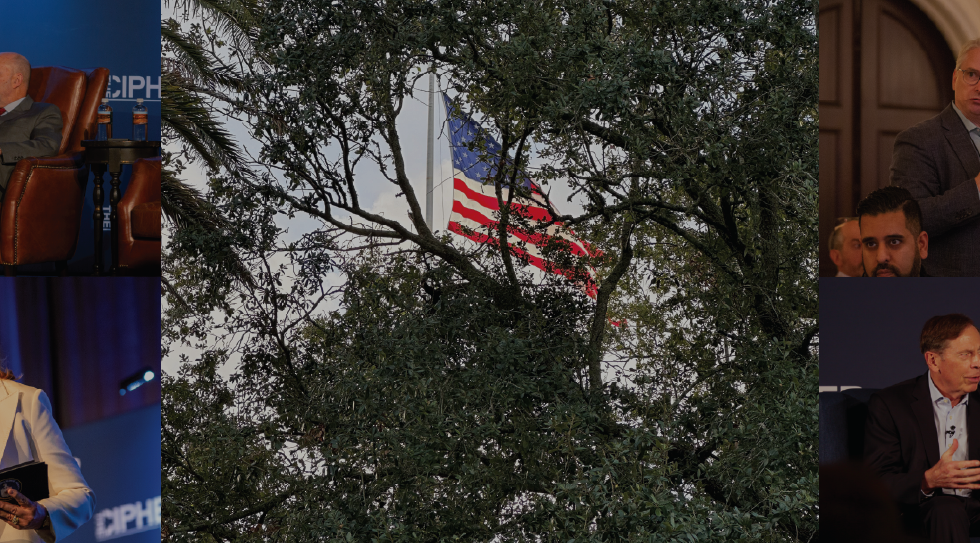
"It's not just about who's on stage.
2026 THREAT
CONFERENCE
October 25–28, 2026
It's about who's in the room."

National Security is Everyone's Business.
Join The Cipher Brief and national security leaders from government and the private sector as we engage in exercises and expert-led conversations on issues including China, Taiwan, Ukraine, Russia, Quantum, AI/ML, Cyber, Emerging Tech, Espionage, Alliances, Digital Transformation and Foreign Malign Influence.
Cipher Brief sessions are expertly crafted and focused on ways the public and private sectors can most efficiently work together to address key national security challenges.
To keep conversations at the highest level possible, attendance is by invitation only and is limited to professionals working in the national security space.
Come prepared to engage in exercises meant to raise awareness of key national security threats and leave more connected than ever to the national security community.

Don't just follow. Help us lead.
Your company can drive and engage in high-level, non-partisan conversations about top global security threats while exchanging ideas with Cipher Brief Experts and currently serving global security decision makers.
This unique, invite-only conference curates important conversations, bridging the gap between the public and private sectors through panel and speed roundtable discussions, exclusive breakout events, and intimate fireside chats.
If you are interested in becoming a 2026 Threat Conference sponsor, please send a message to info@thecipherbrief.com.




